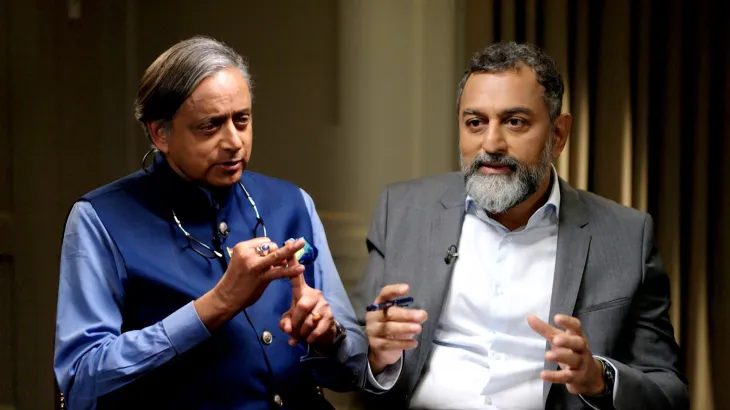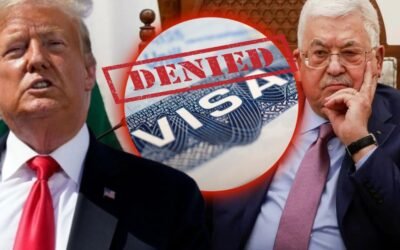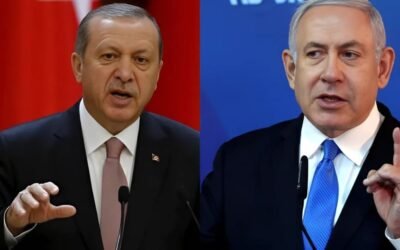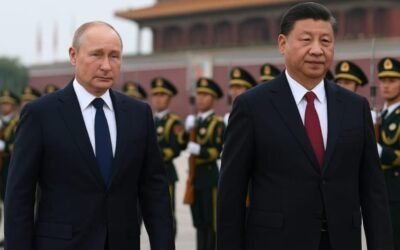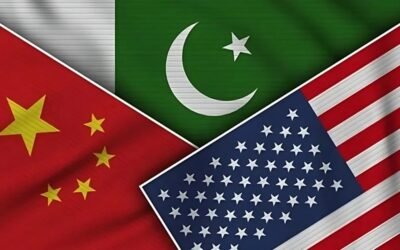“…this is not India versus Pakistan. It’s certainly not Hindu versus Muslims. It is India united against terrorism”.
Shashi Tharoor asserts in an interview with Al Jazeera journalist Sreenivasan Jain, as part of a new news series titled “The New Red Line.” This response follows the Pahalgam attack in Indian Illegally Occupied Jammu and Kashmir (IIOJK) on 22nd April 2025 that took the lives of 25 people who were mostly tourists. India has accused terrorist groups harboured by Pakistan of being responsible for this attack. Pakistan, on the other hand, denied any involvement and invited an open investigation to ascertain the actual cause behind this tragedy. However, following this event, India launched Operation Sindhoor, which it termed the most significant counter-terror attack on alleged terrorist bases in Azad Kashmir and Punjab.
“Pakistani denials have proven time and time again to be worthless.”
Indian MP Shashi Tharoor on the deadly attack in Pahalgam, Kashmir this past April.
▶️ Watch 'The New Red Line' now: https://t.co/lDWnutp4Hp pic.twitter.com/utEojB8TYm
— Al Jazeera English (@AJEnglish) July 4, 2025
After a three-day military strife, in which Pakistan’s retaliatory operation Operation Bunyan-un-Marsoos successfully targeted several Indian military bases and took down six Indian fighter jets, a ceasefire was called by US President Donald Trump. In comparison, India’s claims of having struck military bases in Pakistan were not verified by experts in the field. Now, in The New Red Line, almost two months after the conflict, Shashi Tharoor projects the Indian-backed narrative.
Shashi Tharoor is a former diplomat and currently the Chairman of the Committee on External Affairs for India, as well as a member of the opposition party in the parliament. When asked why India holds Pakistan accountable for the terror attack in Pahalgam, he gave an unconvincing answer by citing past events, one of which included harbouring Osama bin Laden. As the interviewer rightfully pointed out, the causes of past attacks have no credible bearing on the possible perpetrators behind what happened on April 22nd. However, Tharoor stood firm on his point, bringing up previous instances in rapid succession, which felt structured as if this was a speech prepared beforehand. It appears that India has unanimously decided to propagate the narrative of itself as a victim, and Tharoor is doing his best to convey it.
Indeed, he is almost aggressively assertive. He states that any terrorist action in India would be met with military retaliation against Pakistan. Sreenivasan Jain countered with a claim from CSIS, a Washington-based think tank, that this could mean “Terrorists and non-state actors could potentially drag the region into a nuclear crisis.” Tharoor’s response to this is unsatisfactory at best, and he circles the issue again, accusing Pakistan of nurturing and training terrorists, despite previously saying that he would judge the Pahalgam issue on its own merit. It is worth pointing out again that there is no credible evidence linking Pakistan to the Pahalgam terror attack. He also makes the bold claim that India has no terrorist groups. By definition, terrorism is the use of unlawful force against civilians for political purposes. In that sense, could the extremist violence by Hindus against Muslims in India by Bharatiya Janata Party (BJP) followers not be considered terrorist acts?
Indeed, in the forceful, exaggerated hand movements and raised intonation of Tharoor, there is an undercurrent of someone else’s voice and narrative. Some of his statements closely align with those of Prime Minister Modi, who has said to Pakistan, “Live a life of peace, eat bread… otherwise, my bullets are always there”. This is a highly incendiary rhetoric, and hearing support of this from Tharoor, a former UN diplomat, was disappointing and disheartening, to say the least. If similar remarks are to be heard from the person who was once considered the most insightful member of India’s delegation to the world, the future of the strife between the two countries looks dire. His once-renowned rhetoric and way with words are also absent as he says that if Pakistan “misbehaves,” it will be met with retaliation. To reduce the actions of a neighbouring sovereign state to “misbehaviour” showcases his unconscious or perhaps conscious belief in Indian superiority over Pakistan, which sees the latter’s acts as something to be corrected.
Perhaps the most concerning aspect is Tharoor’s stance on the Indus Water Treaty. When confronted with the idea that suspending water to Pakistan amounts to collective punishment and that water levels in rivers have declined by 60%, Tharoor remained unmoved. Instead, he once again blamed Pakistan for supporting terrorist infrastructure and only considered the possibility of resuming the treaty if everything was dismantled. He states that it all depends on “when we see your [Pakistan’s] good faith,” again emphasising the notion that Pakistan is answerable to them. The immediate eradication of terrorism is a tall order, and this can be seen as a roundabout way of suggesting that India has no intention of restoring the Indus Water Treaty. Tharoor once again attributed the suffering of innocent Pakistani people to the Pakistani state, which he claimed was not taking climate change into account. This highlights that India shows no intention of accepting responsibility for any of its unlawful actions and conveniently blames external factors beyond both states.
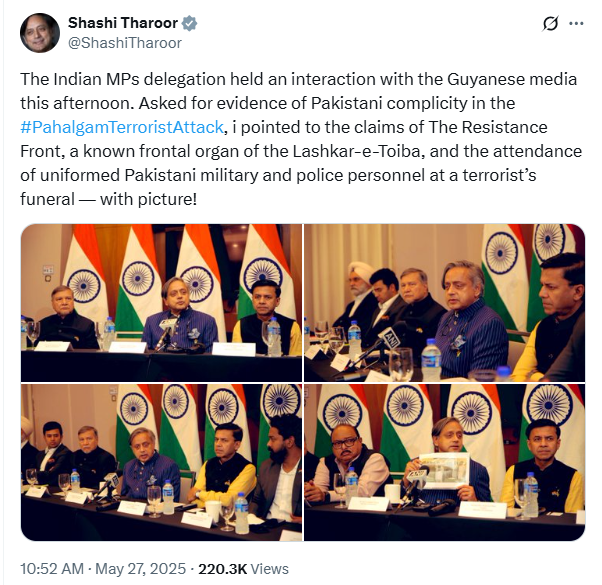
Evidence or Propaganda?
The entire Indian State, the ruling party, and the opposition are united in a single narrative of being victims. While Tharoor may not echo Modi’s words, the echoes of it are evident to anyone paying attention. The fact that a UN diplomat takes such an extreme stance indicates that, despite suffering defeat on May 10, 2025, India is prepared for more conflict rather than resolution. While this is concerning for Pakistan, it also demonstrates the world’s view of Pakistan’s mature foreign diplomacy, as it remains committed to moving forward through mutual cooperation between the two nations.

